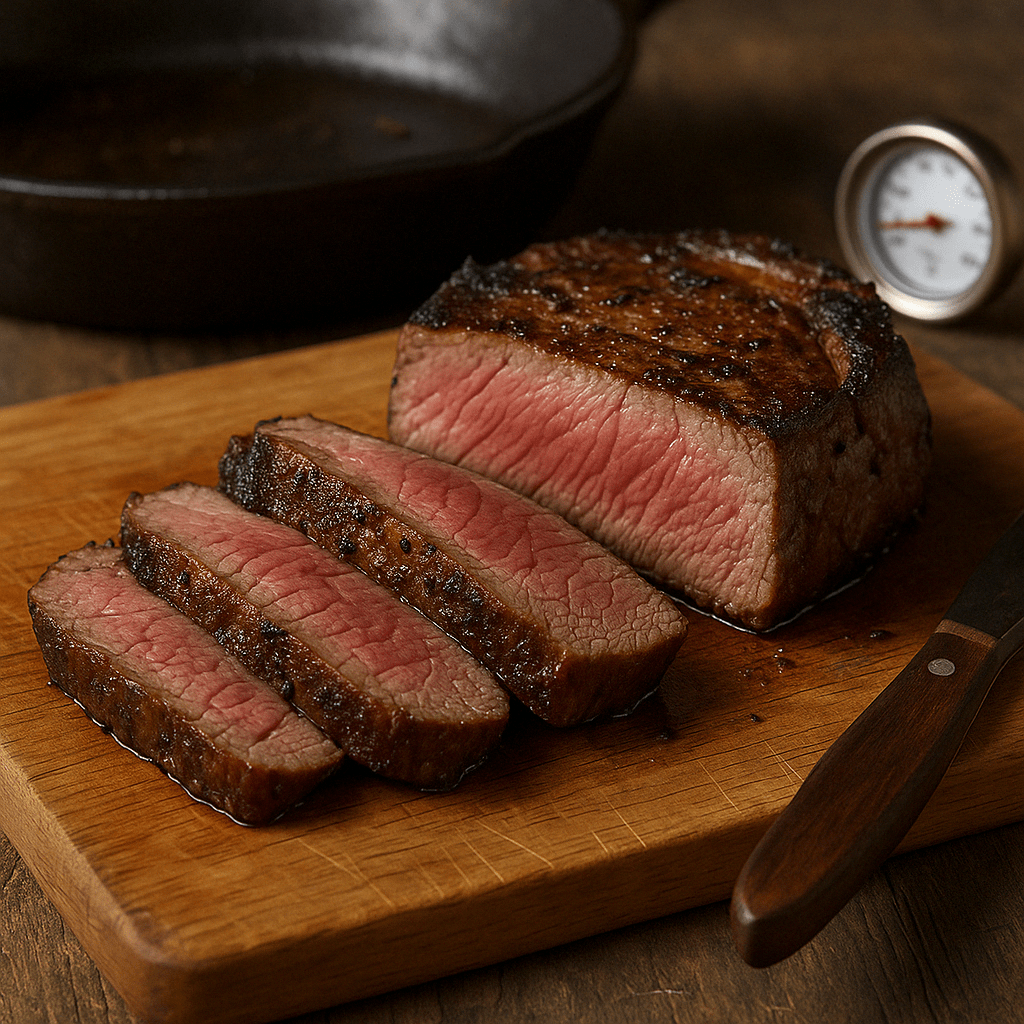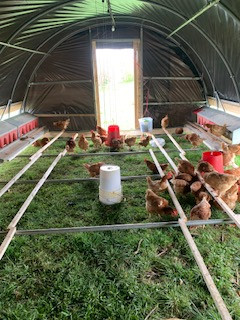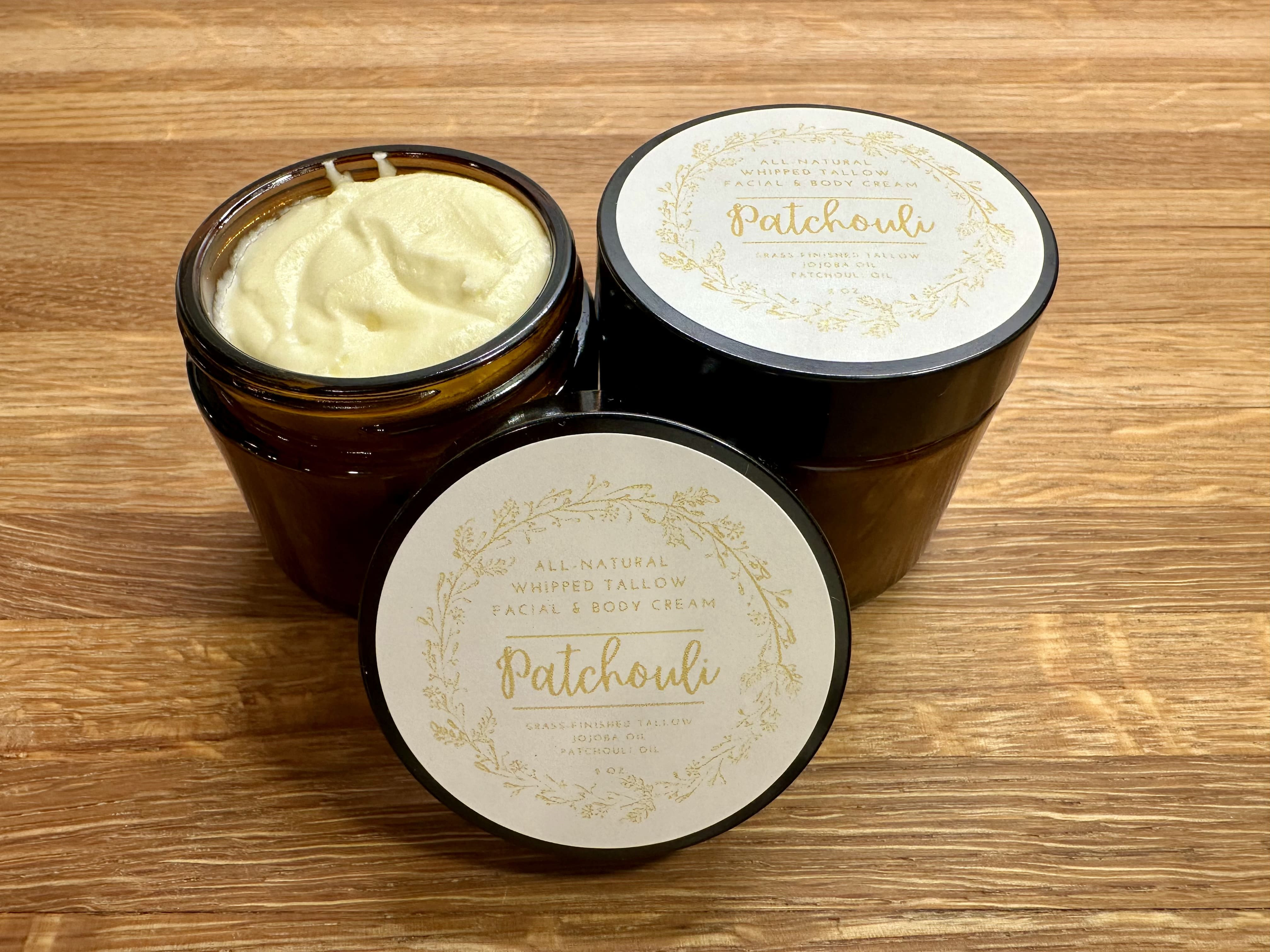What does it mean to Pasture Raised pork!
posted on
May 7, 2024
In the realm of sustainable farming, the spotlight shines bright on pasture-raised pork. But what exactly does "pasture-raised" mean, and why should it matter to you? Dive in as we unravel the secrets behind this buzzworthy term, exploring the journey of all-natural, sustainable, and grass-fed pork from pasture to plate.
Understanding Pasture Raised Pork
At its core, pasture-raised pork refers to pigs that roam freely in pastures, grazing on a diverse diet of grasses, roots, and other natural vegetation. This environment contrasts starkly with conventional factory farming methods, where pigs are confined to crowded indoor spaces, often deprived of the ability to exhibit their natural behaviors.
Embracing All-Natural Principles
One of the defining characteristics of pasture-raised pork is its commitment to all-natural principles. Unlike their industrially-raised counterparts, pasture-raised pigs are not subjected to routine antibiotics or growth hormones. Instead, they thrive on a diet free from synthetic additives, resulting in meat that's not only flavorful but also free from potentially harmful residues.
Sustainability in Action
In the quest for sustainable food production, pasture-raised pork emerges as a champion. By allowing pigs to forage on pastureland, farmers harness the natural symbiosis between animals and the environment. This holistic approach promotes soil health, reduces reliance on fossil fuels for feed production, and minimizes waste runoff, making it a win-win for both consumers and the planet.
The Grass-Fed Advantage
While the term "grass-fed" is often associated with beef, it's equally relevant in the context of pork production. Pasture-raised pigs enjoy access to a diverse array of grasses and legumes, enriching their diet with essential nutrients and contributing to the distinctive flavor profile of the meat. Moreover, this natural grazing behavior enhances the welfare of the animals, allowing them to express their innate behaviors while basking in the sunshine and fresh air.
Navigating the Benefits
Now that we've explored the essence of pasture-raised pork, let's delve deeper into the myriad benefits it offers:
- Nutritional Superiority: Pasture-raised pork tends to be leaner and richer in essential nutrients such as omega-3 fatty acids and vitamin E compared to conventionally-raised counterparts.
- Enhanced Flavor Profile: The combination of natural grazing and varied diet results in pork that's succulent, flavorful, and imbued with the essence of the pasture.
- Animal Welfare: By prioritizing the well-being of the animals, pasture-raised pork fosters a more ethical and compassionate approach to farming.
- Environmental Stewardship: Through regenerative practices, pasture-raised pork contributes to the preservation of natural habitats, biodiversity, and the overall health of our planet.
Unlocking the Potential of Pastured Pork
As consumers increasingly seek transparency and sustainability in their food choices, pasture-raised pork emerges as a beacon of hope in the realm of ethical eating. By supporting farmers who prioritize the welfare of both animals and the environment, we can collectively pave the way for a more resilient and regenerative food system.
Pasture-raised pork represents a holistic approach to food production—one that honors the innate connection between animals, land, and people. By embracing the principles of sustainability, animal welfare, and nutritional integrity, we not only nourish our bodies but also cultivate a brighter future for generations to come. So, the next time you savor a succulent slice of pasture-raised pork, remember the journey it undertook—from the open pastures to your plate—and savor every bite with the knowledge that you're supporting a more sustainable and compassionate food system like ours.
If you want to learn more about our farm practices you can check out All About our Pigs






